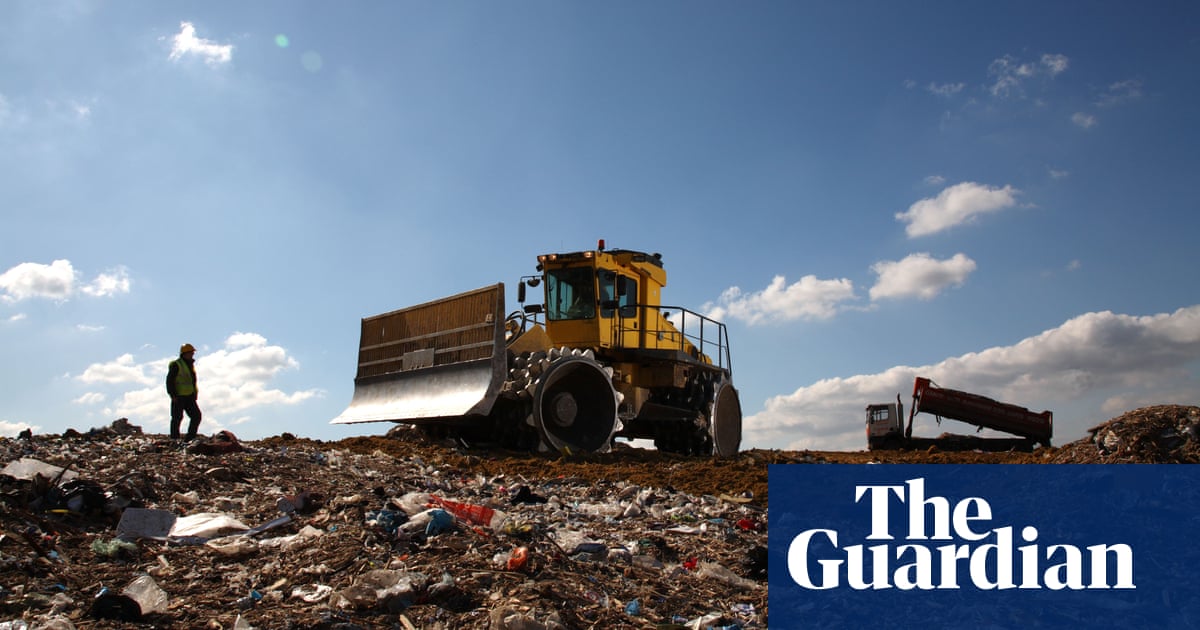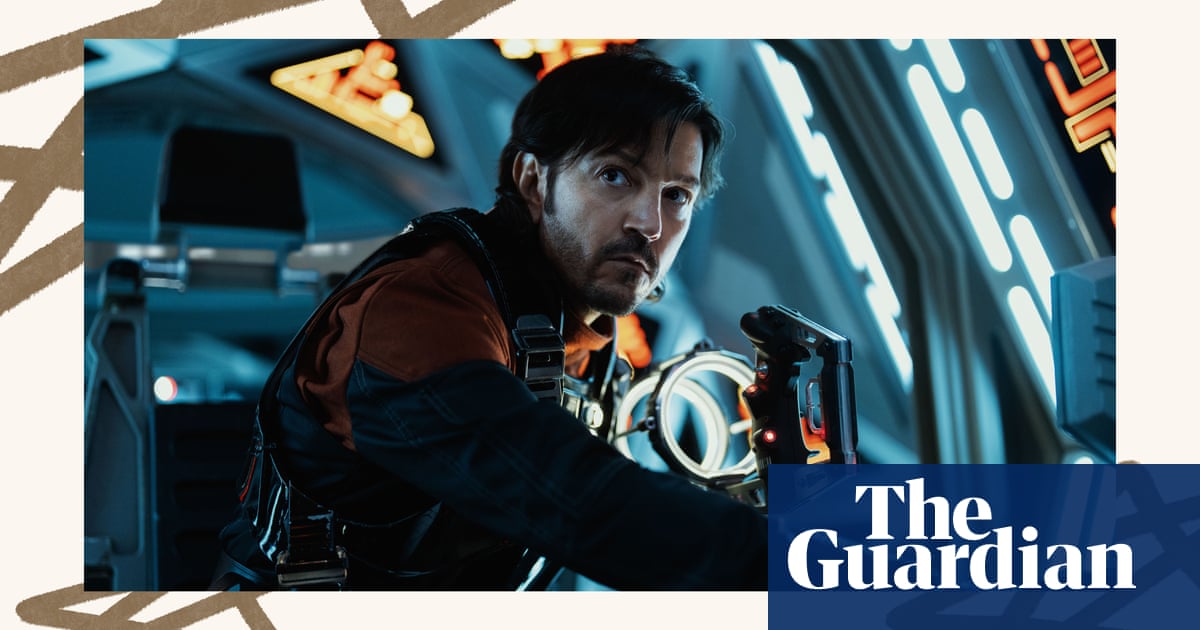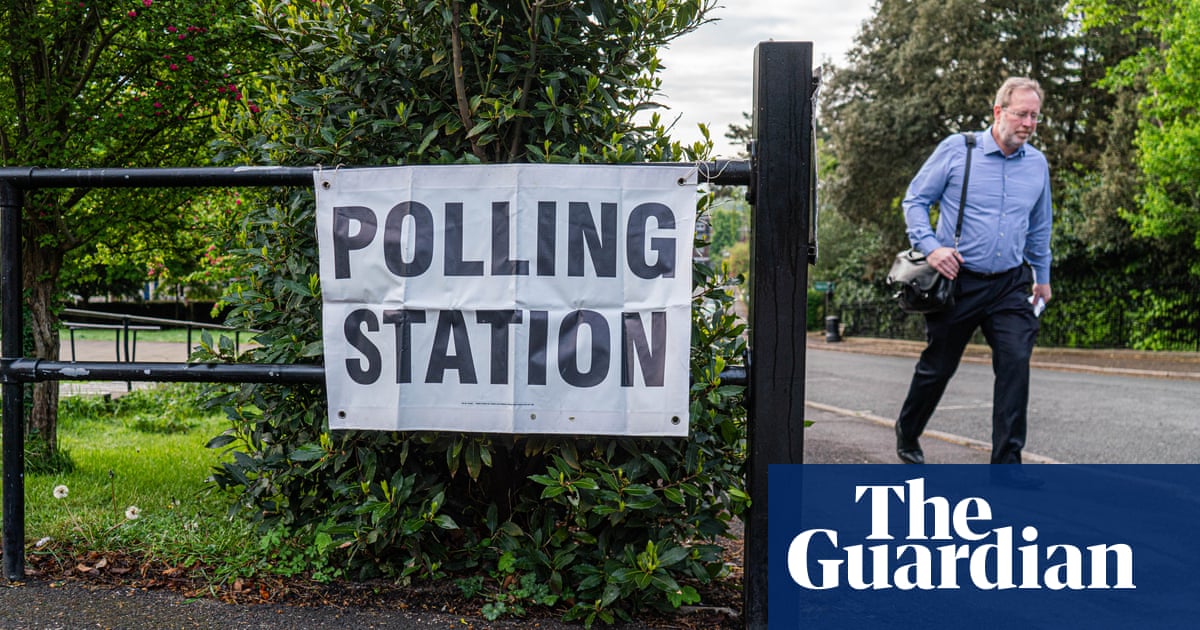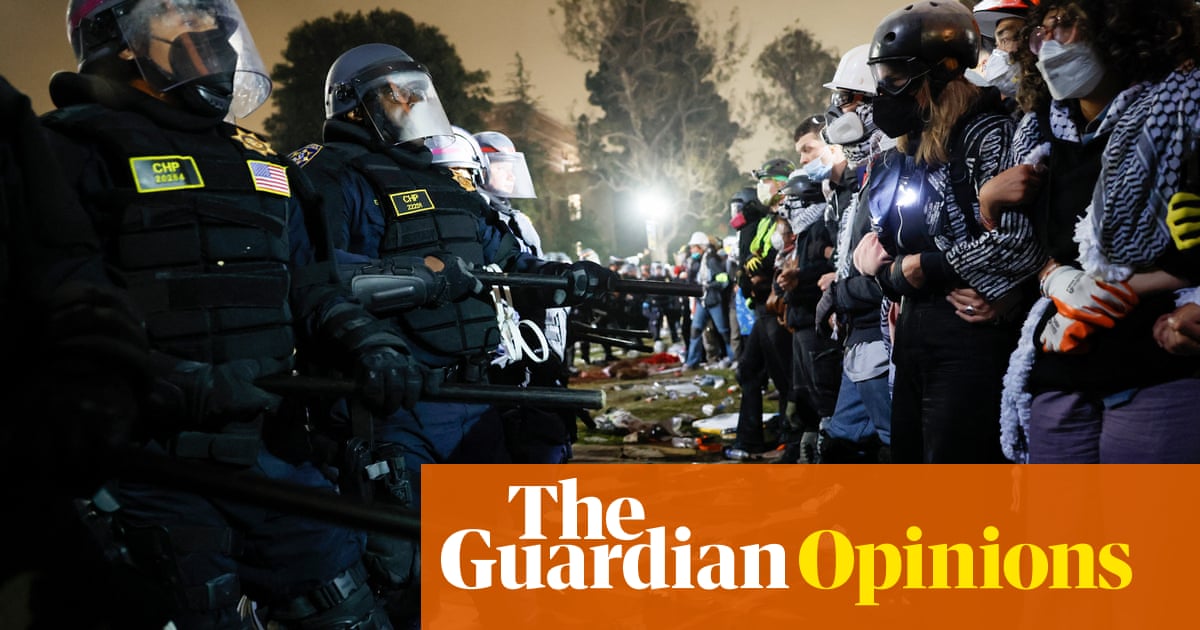The BBC’s output of new original and adapted drama has more than halved since 2018 – a cut that amounts to hundreds of lost hours, although precise figures are hard to come by. At a time when interest in audio content has never been higher – the number of existing podcasts is somewhere between 3m and 4m; a hit series is downloaded millions of times a month (The Rest Is History: 29m!) – the BBC’s audio drama output is at an all-time low. As a career radio dramatist, whenever I am gloomily dwelling on this fact, the football phrase “snatching defeat from the jaws of victory” comes to mind. Because in this new era of audio storytelling and podcast ubiquity, the BBC’s incredible track record in radio drama should have proved a fabulous advantage. Instead, we are facing the possibility of extinction.
It all began with the 60-minute Friday Play (decommissioned in 2010). This was followed by The Wire (Radio 3) in 2014. The 15-minute drama in Woman’s Hour was lost in 2021. Radio 4’s Friday afternoon play became 30 minutes rather than 45 soon after. Its 60-minute Saturday play – once a weekly event – has been steadily whittled down to 12 new original dramas a year. The latest cut – Radio 3’s Sunday night drama, the UK’s last remaining 90-minute slot – has generated some press, and a petition from the likes of Judi Dench and Ian McKellan, but it is only the latest in a series of losses. BBC radio drama production staff have largely been made redundant and only a skeletal team remain in a handful of BBC radio drama departments. This amounts to an exodus of skill and talent. Many of these makers go on to create work outside the corporation, and indeed for it, but a freelance producer will struggle to make a living solely in drama.
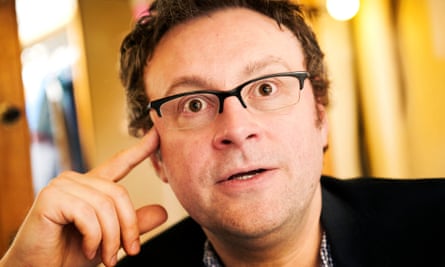
Why does this matter? It matters because BBC radio has historically played a unique role in the development of drama in this country. Radio drama is a unique art form that reaches millions of listeners and offers a tremendous range and variety of stories from the epic series to the small and local. These cuts have terrible implications for actors and writers, for diversity, inclusion and access… Should we really just shrug our shoulders at the prospect of it all disappearing?
Theatre critic Susannah Clapp picks five great BBC radio dramas
Show1. Home Front
One of the most ambitious and illuminating of all drama series. More than 500 episodes charting aspects of life in Britain away from the fighting during the 1914-18 war, day by day, each episode airing 100 years later. Sex, spies, women’s soccer.
2. Cabin Pressure
John Finnemore’s wonderfully well-written comediesy, which began in 2008, about a hopeless airline. The cast includes Benedict Cumberbatch and Stephanie Cole, and a creamy-voiced, supercilious, hilarious Roger Allam.
2. The Voyage of the St Louis
Tom Stoppard has written extensively for radio. His impressive 2020 adaptation of Daniel Kehlmann’s play – about Jewish refugees on an ocean liner just before the outbreak of the second world war – featured Toby Jones.
3. Waterloo Station
Katie Hims’s beautifully turned romance won the best radio drama at the 2023 Writers’ Guild of Great Britain awards.
4. Under Milk Wood
Still a masterclass in radio’s inner murmurings. If Richard Burton’s velvet tones in this 1954 Play for Radio “play for voices” rub you up the wrong way, get hold of a recording of George Martin’s reorchestrated version, with Bonnie Tyler as Polly Garter.
5. The Archers
The long history, the in-real-timeness of The Archers allows some stories to rise from the trudge and hit home. John’s death, Jack Woolley’s illness and now reckless, imprisoned George Grundy. Emerald O’Hanrahan’s performance as Emma, George’s stricken mother, lifteds whole episodes. Susannah Clapp
My first radio play was recorded in Manchester in 1997. The Earthquake Girl was the story of an agoraphobic librarian played by Saskia Reeves. Jean Alexander and Burt Caesar also starred. I had watched Alexander play Hilda Ogden on Coronation Street with my nan for years. So it was a huge thrill to hear her say the words I’d written and she was fantastic as an intransigent woman who refused to stop crunching crisps under the No Eating sign in the library. I cannot imagine where else or even how else I would have been able to tell that story – or who might have encouraged me to tell it. The play went on to win the Richard Imison award and I have been writing radio drama ever since. I have been incredibly lucky.
But the small single play that allows a writer to be themselves or rather – crucially – to become themselves is increasingly rare. A writer’s loss is an audience’s loss too: look at what some first-time or early-stage writers of these small single plays have gone on to do. Lee Hall’s first radio play, I Luv You Jimmy Spud, was broadcast in 1995. He went on to write the screenplay for Billy Elliot soon after; his latest hit is the libretto for Royal Opera’s new adaptation of Festen. A 27-year-old Roy Williams (Sucker Punch, Death of England) had his play Homeboys broadcast in the BBC’s First Bite Young Writers festival in 1995. The first play by Tanika Gupta (Lions and Tigers, A Tupperware of Ashes), Asha, was broadcast on radio in 1991. Radio play regular Peter Straughan is up for an Oscar next month for best adapted screenplay for Conclave. James Graham, Rebecca Lenkiewicz, Nick Payne and debbie tucker green all had early successes on radio. I could list many more.
Historically, radio has always been a more accessible route into writing drama than film, television or theatre, but it is not, however, simply a stepping stone to other more high- profile work: it is a valuable art form in its own right. Alistair Cooke’s famous assertion that “the pictures are better” on radio was a reference to sport, but he could just as easily have been talking about drama. Radio is such a limber medium. Just as you can listen anywhere, you can go anywhere in the storytelling. Backwards or forwards in time. You can write ghost stories and sci-fi, jump from Lewisham to China and back again. There is no budgetary impact if you decide to set the whole thing in space.
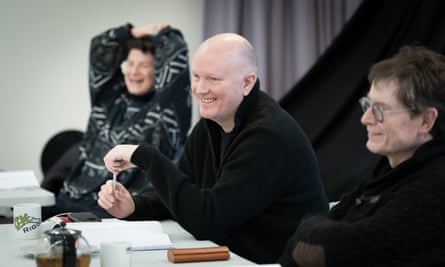
Radio is also the most collaborative of mediums, because the collaboration extends to its audience. You can be getting on with something else while you listen, but then have to stop so you don’t miss a word. You might find yourself rooted to your car seat at the end of a journey, just to hear how something ends. Or have to stop what you’re doing just so you can cry. Lee Hall’s radio play Spoonface Steinberg famously had lorry drivers pulling over in laybys in order to weep.
The intimacy of the medium seems to foster this very human, often very emotional, connection between the work and the listener. The story goes straight into your mind. Now that we can listen anywhere, any time, our external world can become part of this collaboration too. Listening to a ghost story while walking on the beach one late afternoon, I didn’t notice how much darker it had become or the fact that I was completely alone. The story finished and I was completely spooked. As a story gets inside you, you also get inside the story.
Mike Bartlett has had tremendous success on stage (Cock; Earthquakes in London; Unicorn, starring Stephen Mangan and Nicola Walker, currently in the West End) and in TV (Doctor Foster), but his first commission was a radio play – Not Talking, with June Whitfield and Richard Briers – which he wrote when he was 25. When I ask him what makes the form unique for him as a writer, he tells me that radio drama is “the most human of mediums, in the way it is written, produced and experienced”. He also describes the difficulty of telling certain stories on television when there is now such pressure, in the age of streaming behemoths and international co-productions, to create global appeal. “In radio you can be more specific, you can reflect the local – you can write about a small town, about scrambled eggs, you can reflect the world that people live in. It can be hard to sell the story of a local town if you have to seek co-production from another country.” But we know that the most specific stories can often prove the most universal in terms of appeal. If done well.
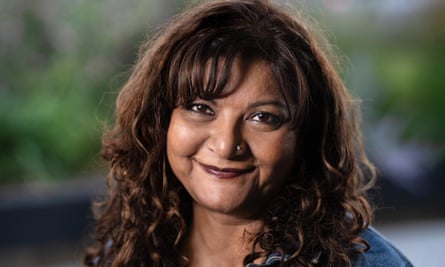
People say to me all the time – well, what about writing for other audio content providers? But there isn’t the infrastructure or the economic model to make this a viable full-time or even part-time alternative. Despite everything, the BBC is still the largest provider of audio drama in the world, but if the cuts continue at such pace there will soon be nothing left. And while it is not, of course, the BBC’s job to train writers, it does have a public service remit – and if the BBC cannot fulfil this role, then who will? BBC audio drama has a key role to play in the ecosystem of drama production in this country. Cutting it back to almost nothing is like cutting down a small rainforest. The effects are being felt now but they will be felt even more urgently in the future. And the loss will be everyone’s.
Katie Hims is an award-winning radio playwright

.png) 2 months ago
30
2 months ago
30













